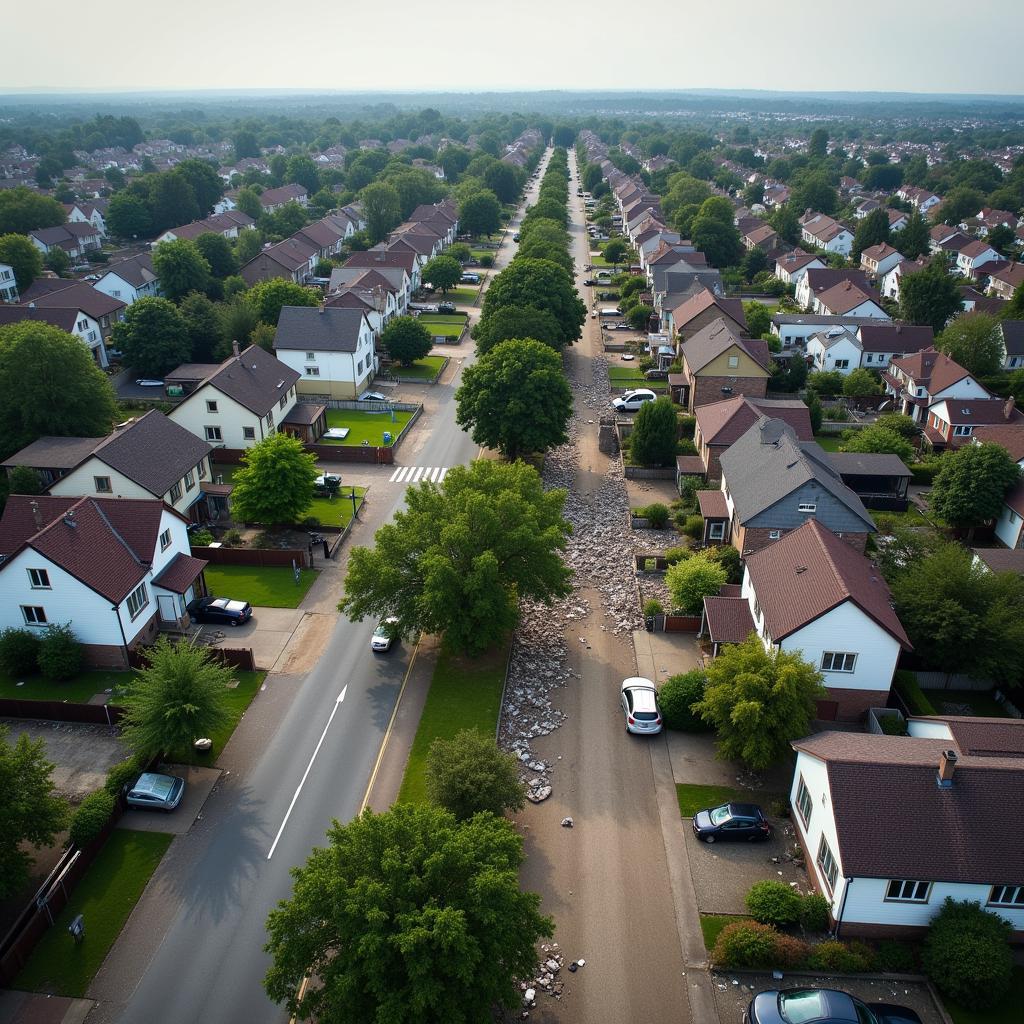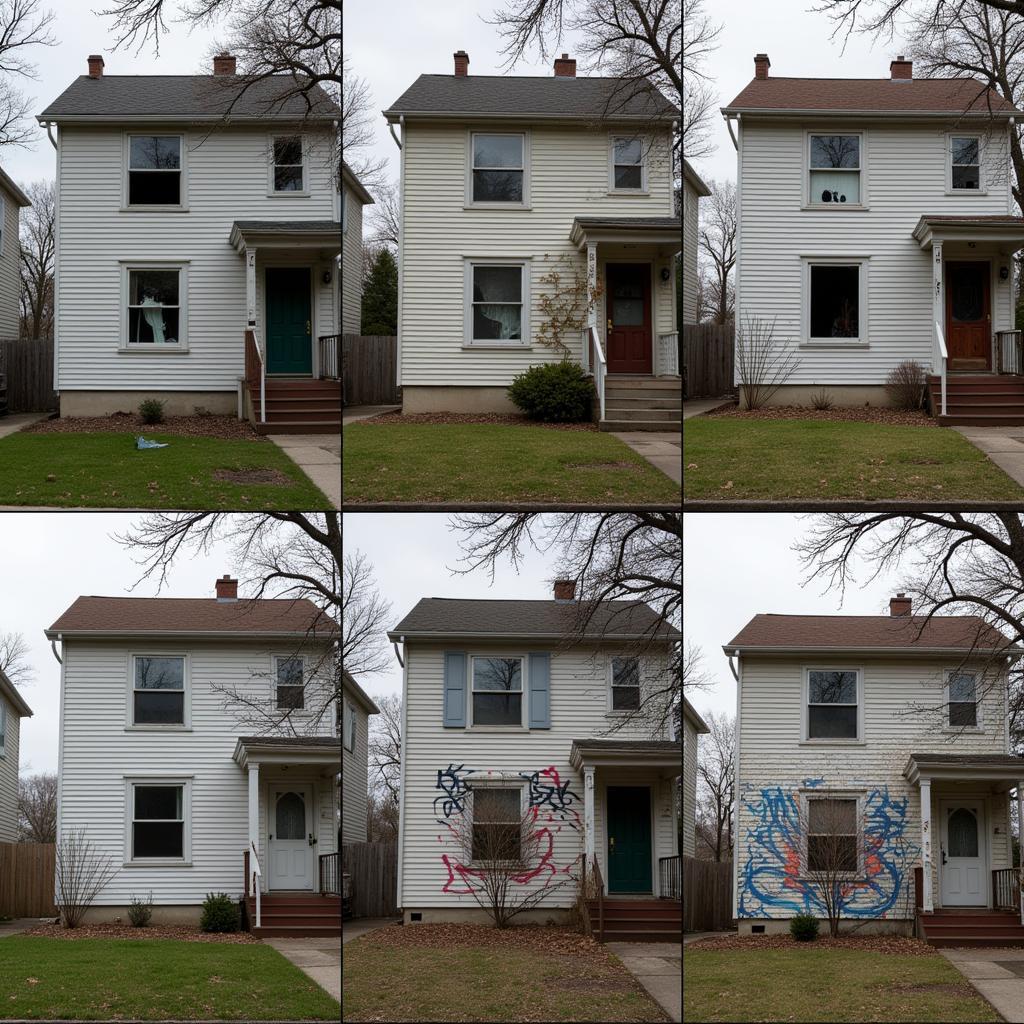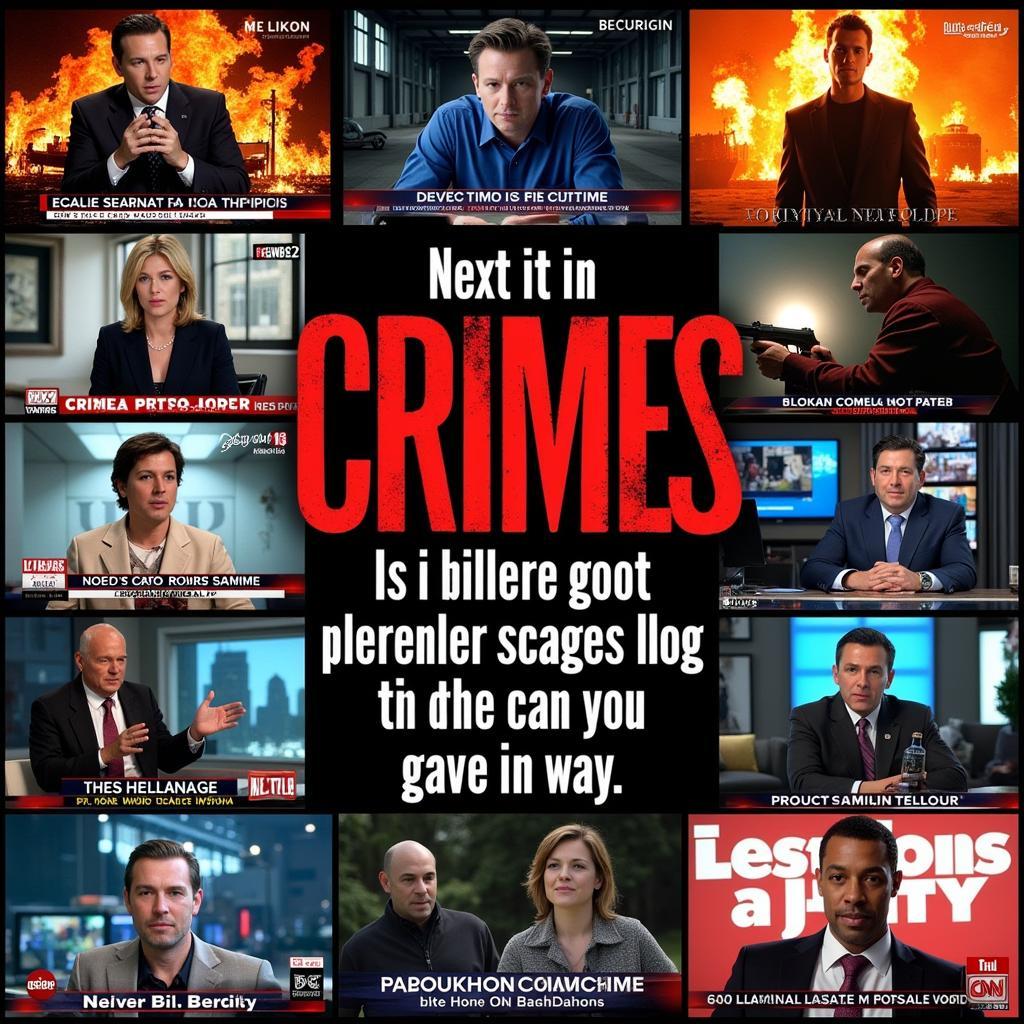The age-old question of nature versus nurture takes center stage when we ponder the origins of criminal behavior. While individual factors like genetics and personality undoubtedly play a role, the influence of society in shaping criminals cannot be ignored. From poverty and lack of opportunity to systemic biases and cultural norms, society often creates the very conditions that breed crime.
The Socioeconomic Divide: Poverty, Inequality, and Crime
 The Link Between Socioeconomic Disparity and Crime
The Link Between Socioeconomic Disparity and Crime
One of the most significant ways society shapes criminals is through socioeconomic disparity. Poverty, unemployment, and lack of access to quality education can create a breeding ground for crime. When individuals are deprived of basic necessities and legitimate opportunities to improve their lives, they may resort to illegal activities as a means of survival or to acquire what they perceive others having.
For instance, studies have shown a strong correlation between poverty rates and violent crime. Areas with high concentrations of poverty often experience higher rates of theft, drug dealing, and gang violence. This doesn’t mean that everyone living in poverty turns to crime, but the pressures and lack of options can push some individuals towards such behavior.
The Cycle of Crime: Broken Windows and Social Disorganization
 Visualizing the Broken Windows Theory
Visualizing the Broken Windows Theory
The “broken windows” theory, a criminological theory, suggests that visible signs of crime and disorder, like vandalism or loitering, can create an environment that fosters more serious crime. When a community appears neglected and law enforcement is lax, it sends a message that criminal behavior is tolerated.
Furthermore, social disorganization, characterized by weak social bonds, low community involvement, and a lack of shared values, can contribute to criminal behavior. When individuals lack a sense of belonging or connection to their community, they are less likely to conform to social norms and may be more susceptible to criminal influences.
The Media’s Influence: Glorifying Violence and Normalizing Crime
 The Media's Role in Shaping Perceptions of Crime
The Media's Role in Shaping Perceptions of Crime
The media, while playing a crucial role in informing the public, can also inadvertently contribute to the shaping of criminals. Sensationalized portrayals of crime, the glorification of violence in movies and video games, and the constant bombardment of negative news can desensitize individuals to violence and normalize criminal behavior.
Moreover, biased reporting and the overrepresentation of certain demographics in crime reporting can reinforce negative stereotypes and contribute to systemic biases within the justice system.
Breaking the Cycle: Rehabilitation, Reintegration, and Social Change
Understanding how society shapes criminals is crucial for developing effective crime prevention and intervention strategies. While punishment is a necessary aspect of the justice system, focusing solely on retribution does little to address the root causes of crime.
Rehabilitation programs that provide education, job training, and mental health services can equip individuals with the tools they need to lead law-abiding lives. Furthermore, supporting formerly incarcerated individuals in their reintegration into society through employment opportunities and social support systems can help break the cycle of recidivism.
Conclusion
The relationship between society and crime is complex and multifaceted. While individuals are responsible for their actions, it’s crucial to acknowledge the role societal factors play in shaping criminal behavior. Addressing issues like poverty, inequality, lack of opportunity, and systemic biases is essential for creating a just and equitable society that fosters a sense of belonging and opportunity for all. Only by understanding and addressing these root causes can we hope to break the cycle of crime and create a safer world for everyone.